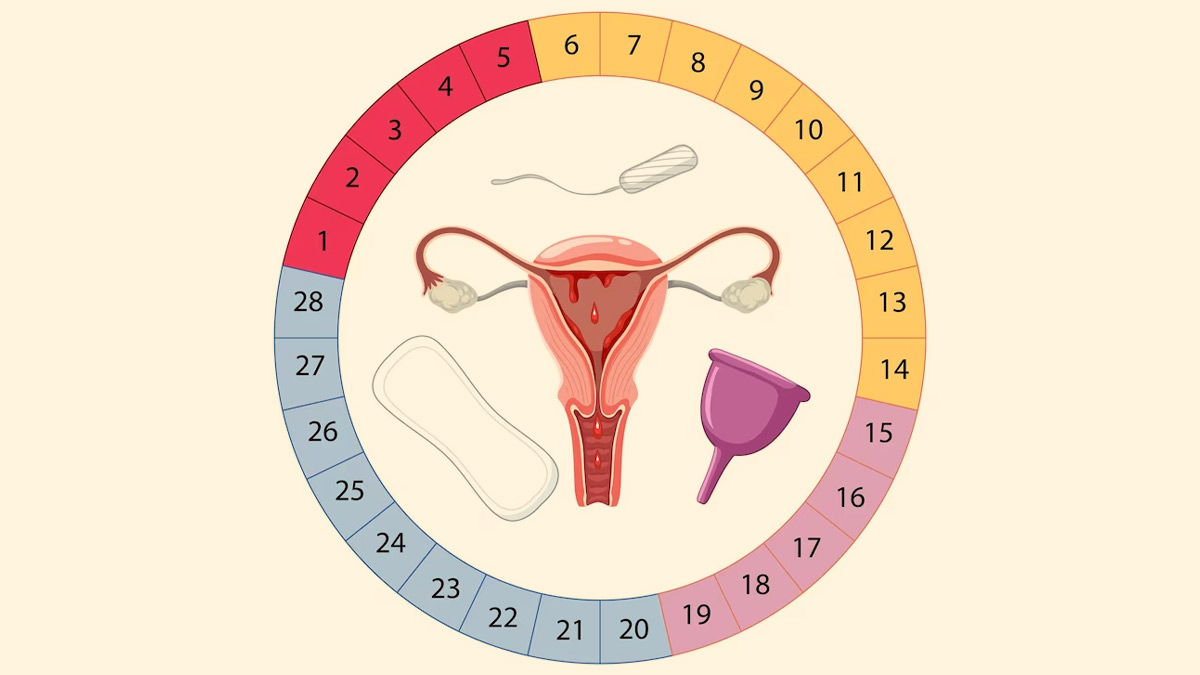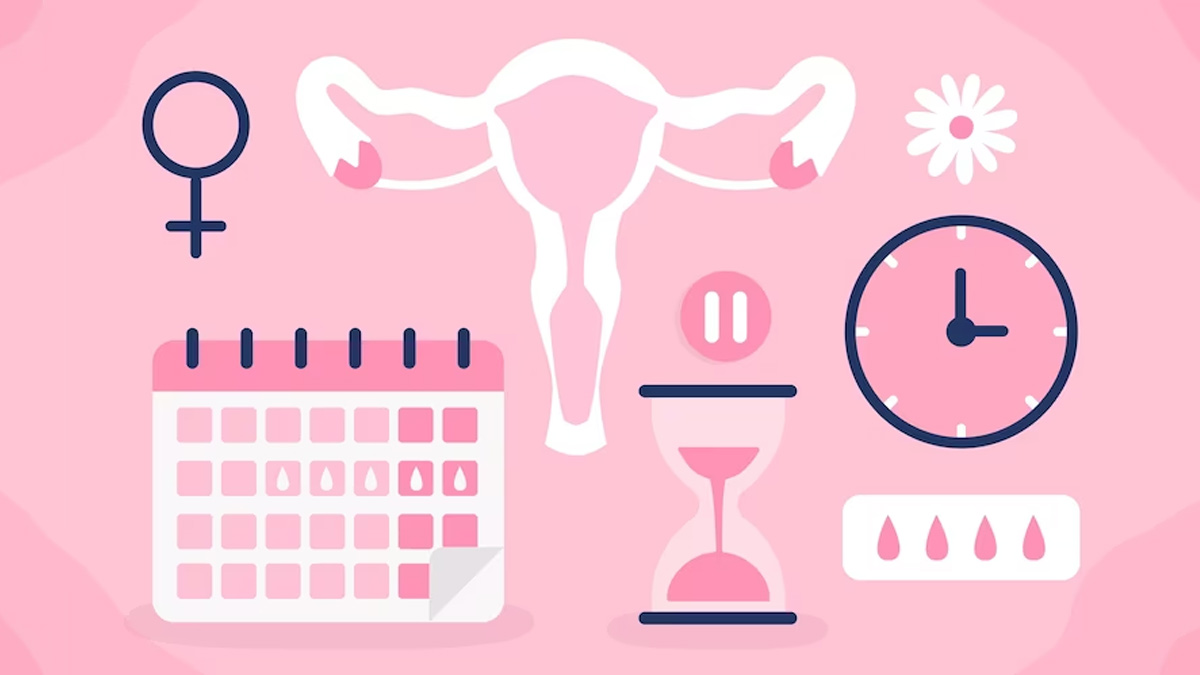
A woman's menstrual cycle is an integral part of her reproductive health, and it undergoes significant changes throughout her life. From the onset of menstruation during adolescence to the cessation of periods during menopause, understanding these transformations is essential for women to navigate their reproductive journey with confidence and knowledge.
Table of Content:-
Dr Astha Dayal, Lead Consultant, Obstetrics & Gynaecology, CK Birla Hospital, Gurugram, explains how periods change with age.
According to a study published by Human Reproduction, a woman’s age at menopause (last menstrual period) influences her life course fertility, her ageing and her risk of early death. Also, The duration of the reproductive period is closely linked to age at menarche and age at menopause.
Menarche: Adolescence and the Onset of Periods

Periods generally start in the last phase of puberty, usually between the ages of 9-15. During this time, the body undergoes hormonal changes, with the ovaries starting to release eggs and the uterus preparing for a potential pregnancy. In the beginning, the periods may be irregular and it can take 1-2 years for them to regularise. At this stage, no active treatment needs to be done for abnormal cycles unless they are very heavy or painful.
Also Read: First Period: Early Signs And Things To Keep In Mind
Early Adulthood: Stable and Predictable Cycles
Dr Dayal informed, “In early adulthood, i.e, late teens and early twenties, the menstrual cycles tend to stabilise and become more predictable, around 28 days but could vary from 23-35 days. The duration of bleeding could be 2-7 days, and the amount of flow should be up to 90 ml, though it may vary from woman to woman.” Irregular or abnormal periods in this stage need evaluation to rule out ovarian cysts, polycystic ovaries, fibroids, endometriosis, or unplanned pregnancy.

Perimenopause: Hormonal Fluctuations and Changing Cycles
As women age, the cycles become more sensitive to changes in lifestyle, stress, weight, travel, etc, and may temporarily become irregular. Perimenopause refers to the transitional phase leading up to menopause and can even start at 40. Dr Dayal added, “During this period, hormonal fluctuations become more prominent, leading to irregular periods, shorter or longer cycles, heavier or lighter flow, and skipped periods. Delayed scanty periods may be expected as we approach menopause, but if periods become heavier or more frequent, it needs to be evaluated with an ultrasound and endometrial sampling.”
Also Read: Severe Pain During Menstruation? Expert Explains Dysmenorrhoea, Types, Risk Factors, And Treatment

Menopause: The End of the Menstrual Journey
Menopause is characterised by an absence of menstruation for a period of 12 months. It usually occurs around the age of 45-55, with an average age of 51. Dr Dayal said, “As a woman approaches menopause, her periods may become more irregular, with longer gaps between them. Eventually, menstruation ceases altogether. It is usually accompanied by symptoms of hot flashes, mood swings, weight gain, and vaginal dryness, and these symptoms may vary in intensity and duration.”
Bottomline
Dr Dayal concluded, “Regular gynaecological check-ups, open communication with healthcare providers, and awareness of any concerning changes in menstrual patterns are essential for women to maintain their reproductive health throughout all stages of life. By staying informed and seeking appropriate medical advice, women can navigate the changes in their periods with ease and make informed decisions regarding their overall well-being.”
Disclaimer
The information in this article is provided by a registered healthcare expert and is for informational purposes only. However, we advise you to consult your specialist for a diagnosis catered to your needs.
Also watch this video
How we keep this article up to date:
We work with experts and keep a close eye on the latest in health and wellness. Whenever there is a new research or helpful information, we update our articles with accurate and useful advice.
Current Version